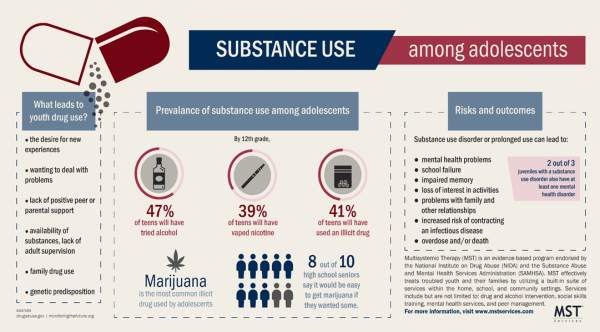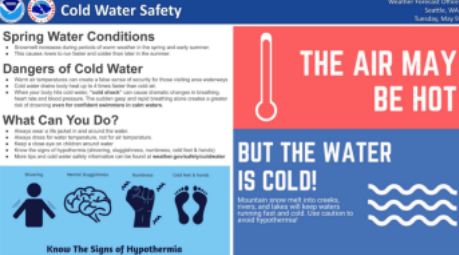Stress levels in students are skyrocketing
December 21, 2018
Studies performed in schools across the United States show increased stress, anxiety, and other mental health disorders over the past 10 years.
A study conducted by Harris Interactive Inc., on behalf of the American Psychological Association (APA) in 2014, showed that students’ stress levels are higher than adult stress levels (A 5.8 versus 5.1 on a 10-point scale).
The APA has stated their extreme concern for the students, as almost half of the individuals interviewed dismissed their stress without consideration toward the negative impacts on both their physical and mental health.
The effects on youth and young adults are clear, as a Harvard Medical School study, published in September of 2018, found that 1 in 4 students had been diagnosed or treated for a mental health disorder in the past year, with 1 out of 5 students reporting suicidal thoughts.
In a study analyzed by the National Center for Biotechnology Information in 2015, research showed that 10-35% of college students experience “functionally impairing levels of test anxiety”. These statistics bring to light the truth about how dangerous stress really is.
Often individuals worsen their stress by not managing it.
The APA suggests a few methods to manage stress:
Take a break from the stressor
– With school, it’s not always possible to take a complete break due to the workload, however, being able to let go of the stressor and relax is the most sure-fire way to stop worrying about it.
Exercise
– While generally unpleasant, exercise has been proven to decrease fatigue, and help increase alertness and overall cognitive function. (ADAA)
Smile/Laugh
– When people are stressed, it often shows in their face, where they hold a lot of the tension. Smiling and laughing can release some of that tension and allow the person to relax. Also, smiling releases endorphins which act as natural pain-killers.
Reach out to a trusted friend or family member
– Addressing stress and talking about it is often a helpful tool to overcome it. However, talking to someone who is a stressor, or who is non-trustworthy may result in increased stress, or no change.
Meditate/ Practice mindfulness
– The practice of mindfulness allows for relaxation and often leads to the discovery of new perspectives, which can help to release some of the stressful emotions one may be feeling. Meditation can also stimulate the brain in a way similar to a short workout.
While all of the above methods are beneficial, exercise and meditation can show immediate results. These practices release endorphins and can help improve sleep schedule, which is often also a large factor in stress levels.
Thankfully, stress does not have to be dealt with alone. Below are a few resources for those who may feel overwhelmed.
School Counselors
A-D Ms. Wetzel
Crystal.Wetzel@rentonschools.us
E-L Mr. White
Timothy.White@rentonschools.us
M- Ri Ms. Smith
Tiffany.Smith@rentonschools.us
Ro- Z Ms. Pike
Blaise.Pistotnik@rentonschools.us
HealthPoint
(425) 424-6310Mr. Lotz – Behavioral health
Crisis Call Center
800-273-8255 or text ANSWER to 839863
National Mental Health Association Hotline
800-273-TALK (8255)
Sources:
https://www.ncbi.nlm.nih.gov/pmc/articles/PMC5193280/
https://hms.harvard.edu/news/college-stress
https://www.apa.org/news/press/releases/2014/02/teen-stress.aspx
https://www.apa.org/helpcenter/manage-stress.aspx
https://adaa.org/understanding-anxiety/related-illnesses/other-related-conditions/stress/physical-a
ctivity-reduces-st
















